When To Us A Uv Filter ?
A UV filter is typically used in photography to block ultraviolet light from entering the camera lens. It helps reduce haze and improve image clarity, especially in outdoor settings. UV filters are commonly used in situations where there is strong sunlight or high-altitude conditions, as these environments tend to have a higher concentration of UV rays. Additionally, UV filters can also provide protection for the front element of the lens, acting as a barrier against dust, moisture, and scratches. It is generally recommended to keep a UV filter on the lens at all times, as it has minimal impact on image quality and can serve as a safeguard for the lens.
1、 Purpose of UV filters in photography and videography
The purpose of UV filters in photography and videography is to block ultraviolet light from entering the camera lens. Ultraviolet light can cause hazy and blurry images, as well as a bluish cast in photographs. UV filters are transparent and do not affect the overall image quality, but they effectively reduce the amount of UV light that reaches the camera sensor.
UV filters were more commonly used in the past when film cameras were more prevalent. Film was more sensitive to UV light, and using a UV filter helped to improve image quality by reducing the unwanted effects caused by UV rays. However, with the advent of digital cameras, the sensors used in these cameras are less sensitive to UV light, and the impact of UV rays on image quality is significantly reduced. Therefore, the necessity of using a UV filter in digital photography has become a topic of debate among photographers.
Some photographers argue that UV filters are still useful for protecting the front element of the lens from scratches, dust, and moisture. They act as a physical barrier, shielding the lens from potential damage. Additionally, UV filters can be left on the lens at all times, providing an extra layer of protection without affecting image quality.
On the other hand, opponents of UV filters argue that adding an extra layer of glass in front of the lens can potentially degrade image quality, especially if a low-quality filter is used. They believe that modern lens coatings are sufficient to protect the lens from scratches and dust, making UV filters unnecessary.
In conclusion, the decision to use a UV filter in photography and videography depends on personal preference and the specific shooting conditions. If you are concerned about protecting your lens from potential damage, a UV filter can be a useful accessory. However, if image quality is your top priority, it may be best to rely on the lens coatings and exercise caution when handling your equipment.
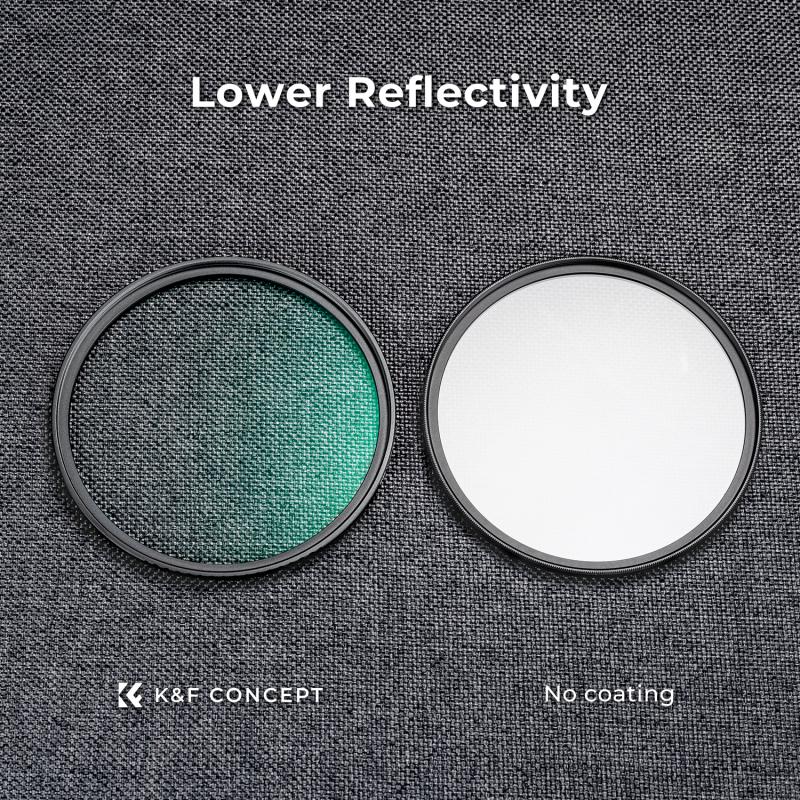
2、 Benefits of using UV filters for lens protection
Benefits of using UV filters for lens protection:
UV filters are commonly used by photographers to protect their camera lenses from various potential damages. Here are some of the benefits of using UV filters for lens protection:
1. Protection against scratches and physical damage: UV filters act as a barrier between the lens and the external environment, protecting it from scratches, dust, dirt, and other physical damages. This is particularly useful when shooting in rugged or harsh conditions.
2. Reduction of lens flare and ghosting: UV filters help minimize lens flare and ghosting caused by stray light entering the lens. This is especially important when shooting in bright sunlight or when there are strong light sources in the frame.
3. UV light filtration: UV filters are designed to block ultraviolet (UV) light, which can cause hazy and blurry images, especially at higher altitudes or near bodies of water. By using a UV filter, photographers can achieve clearer and sharper images with improved contrast.
4. Easy maintenance and cleaning: UV filters are easy to clean and maintain compared to camera lenses. They can be wiped clean with a microfiber cloth or lens cleaning solution, reducing the risk of damaging the lens coating.
5. Cost-effective lens protection: Investing in a UV filter is a cost-effective way to protect expensive camera lenses. Instead of risking damage to the lens itself, the filter can take the brunt of any potential impact or scratches, which can be easily replaced if necessary.
It is important to note that while UV filters offer lens protection, they may also introduce some drawbacks. Some photographers argue that using an additional layer of glass can potentially degrade image quality, especially if using a low-quality filter. However, advancements in filter technology have significantly reduced this concern, and high-quality UV filters are now available that have minimal impact on image quality.
In conclusion, using a UV filter for lens protection offers several benefits, including physical protection, reduction of lens flare, improved image clarity, and cost-effectiveness. However, it is essential to choose a high-quality filter to minimize any potential impact on image quality.
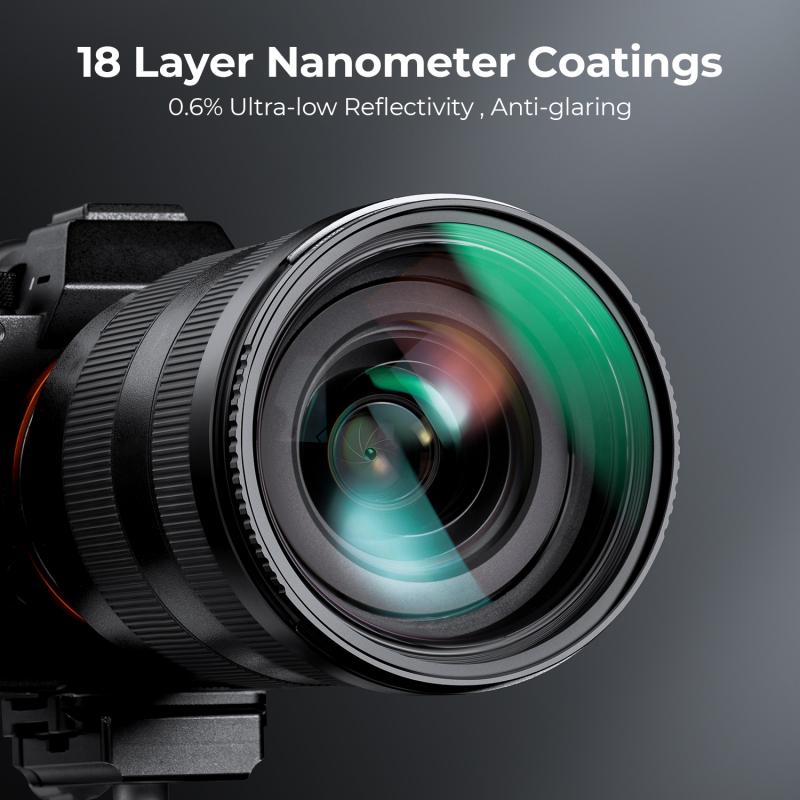
3、 When to use a UV filter in different lighting conditions
When to use a UV filter in different lighting conditions:
A UV filter is a transparent filter that blocks ultraviolet light from entering the camera lens. It is commonly used to reduce the effects of haze and improve image clarity. However, the necessity of using a UV filter depends on the specific lighting conditions and the photographer's preferences.
In bright sunlight: UV filters can be particularly useful in bright sunlight as they help reduce the bluish cast caused by UV rays. This can result in clearer and more vibrant images, especially when shooting landscapes or outdoor portraits.
In high-altitude environments: At higher altitudes, the concentration of UV rays increases, leading to a greater chance of haze and reduced image sharpness. Using a UV filter in such conditions can help minimize these effects and produce crisper images.
In coastal areas: Coastal regions often have high levels of atmospheric moisture, which can lead to a hazy appearance in photographs. A UV filter can help counteract this by reducing the impact of UV rays and enhancing image clarity.
In snowy or icy conditions: Snow and ice can reflect UV rays, causing overexposure and loss of detail in photographs. Using a UV filter in these conditions can help prevent this issue and maintain proper exposure levels.
It is worth noting that some photographers argue that modern digital cameras already have built-in UV filters, making the use of an additional filter unnecessary. However, others believe that using a UV filter can still provide added protection for the lens and improve image quality.
Ultimately, the decision to use a UV filter should be based on personal preference and the specific shooting conditions. It is advisable to experiment with and without a UV filter to determine its impact on image quality and make an informed choice.
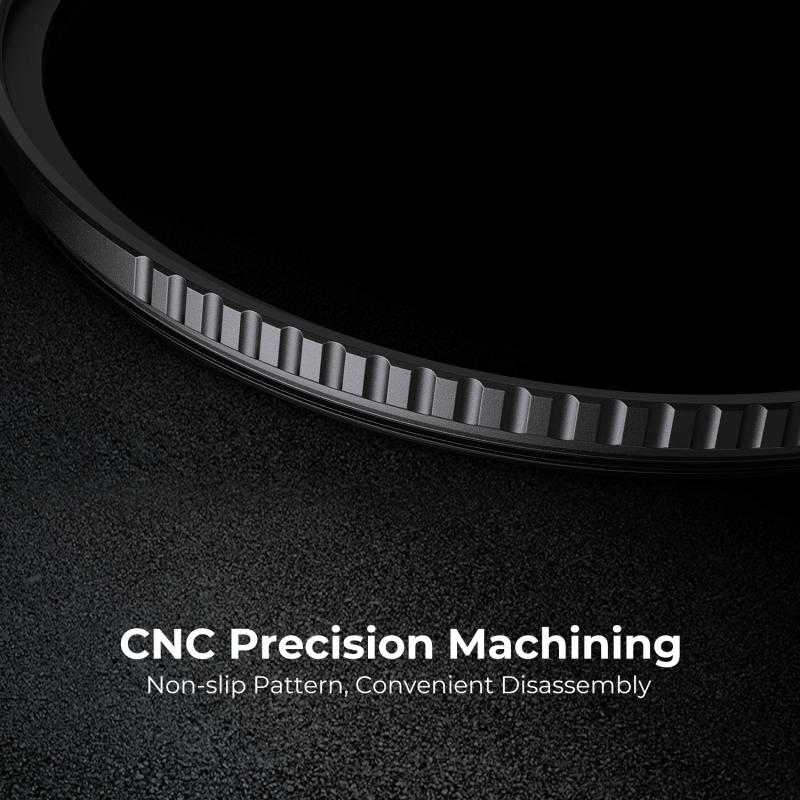
4、 UV filter considerations for specific camera lenses and setups
When to use a UV filter depends on various factors, including the specific camera lens and setup being used. UV filters are primarily designed to block ultraviolet light, which can cause hazy and washed-out images, especially in outdoor photography. However, the necessity of using a UV filter has been a topic of debate among photographers.
One consideration is the lens quality. High-quality lenses often have built-in coatings that minimize the effects of UV light, making a UV filter unnecessary. In such cases, using a UV filter may actually degrade image quality by introducing additional glass elements that can cause lens flare or reduce sharpness.
Another consideration is the shooting environment. If you frequently shoot in harsh conditions where your lens might be exposed to potential damage, a UV filter can act as a protective barrier, shielding the lens from scratches, dust, and moisture. However, it is important to note that a UV filter cannot completely protect the lens from all types of damage.
Additionally, some photographers argue that modern digital cameras are already equipped with UV filters in front of the image sensor, making an additional UV filter redundant. However, others believe that using a UV filter can still provide an extra layer of protection for the lens.
Ultimately, the decision to use a UV filter depends on personal preference and the specific circumstances of each photography situation. It is recommended to test the effects of a UV filter on image quality before deciding whether to use one or not.
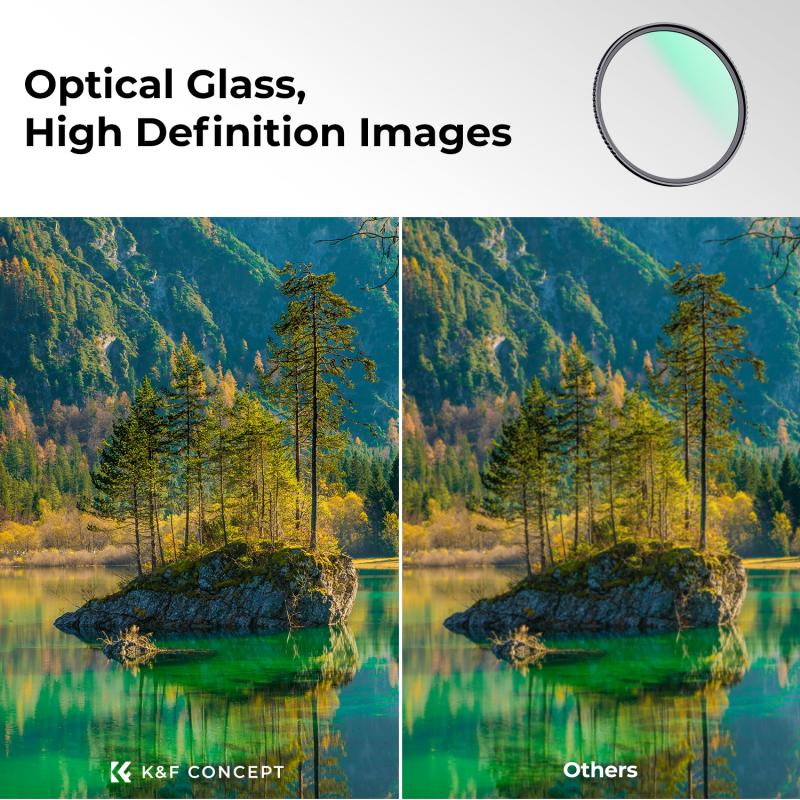




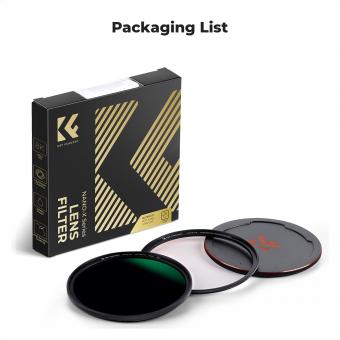
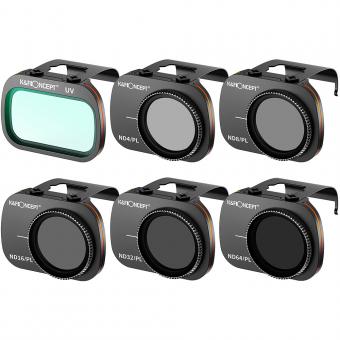

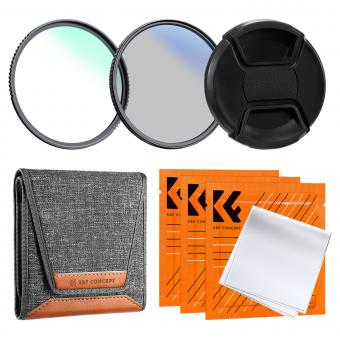


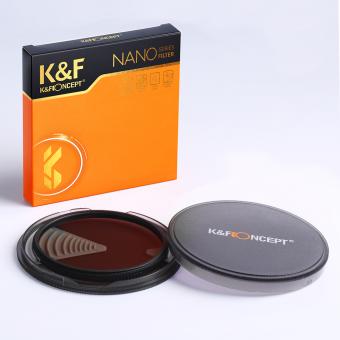
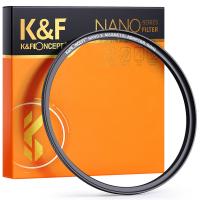
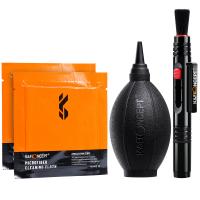
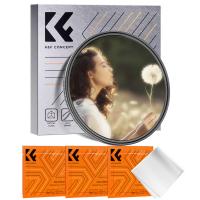
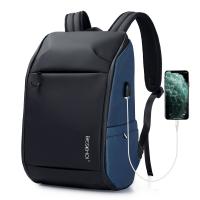
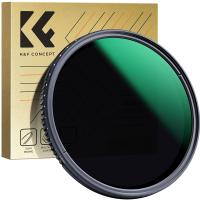
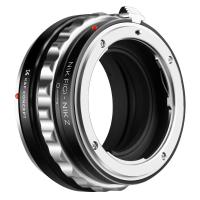
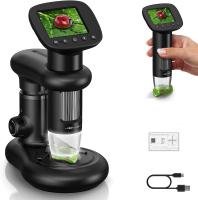
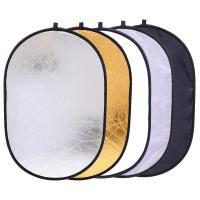
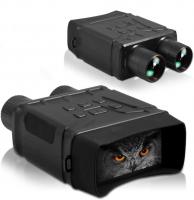
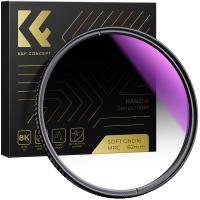

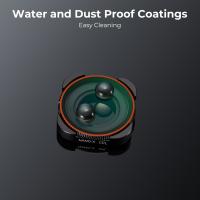
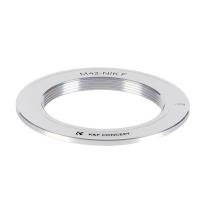

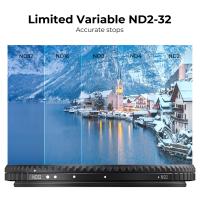
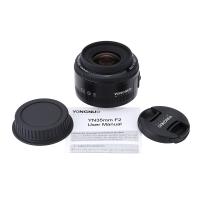
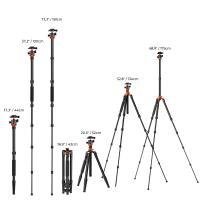
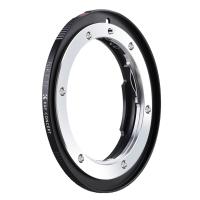
There are no comments for this blog.